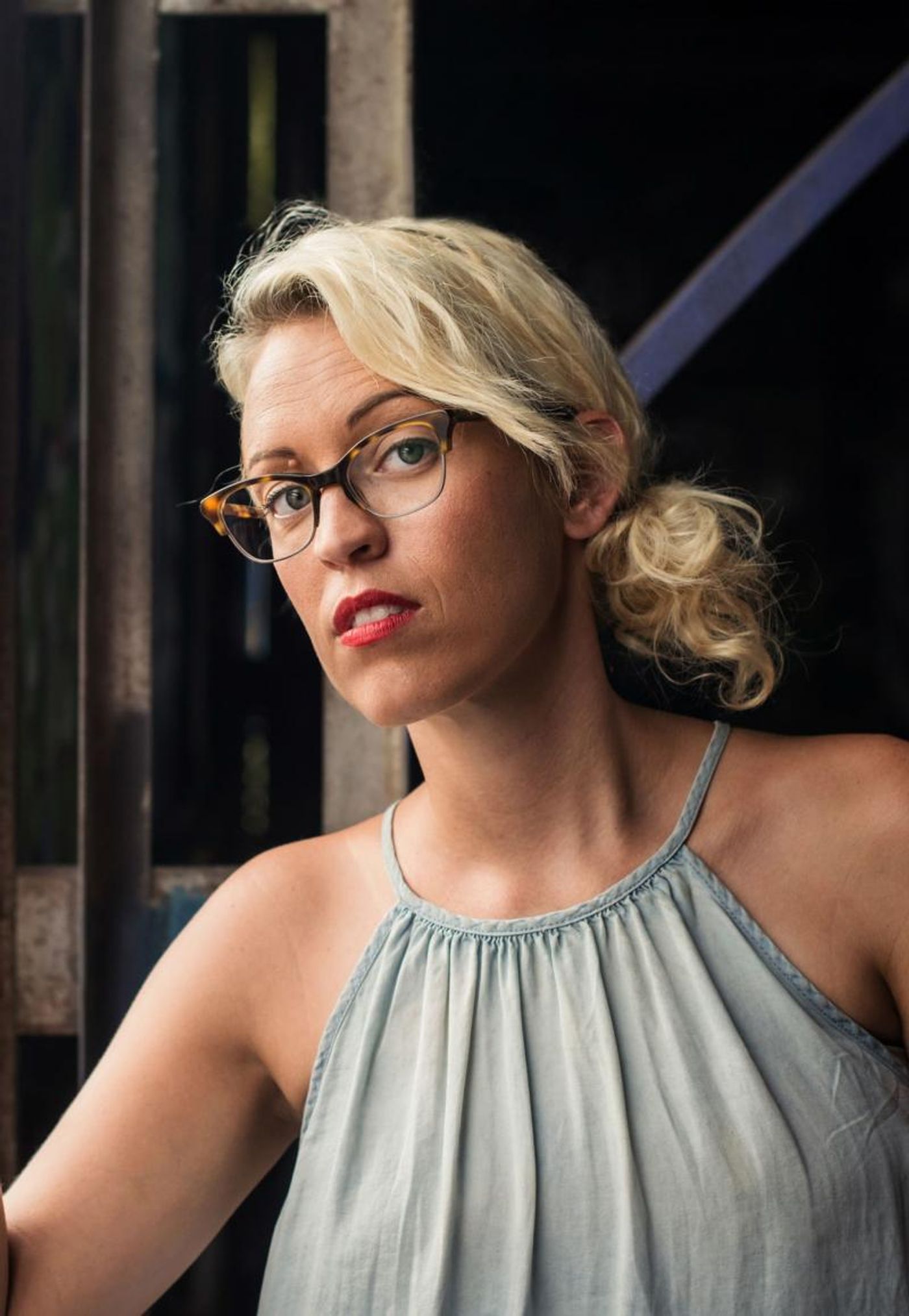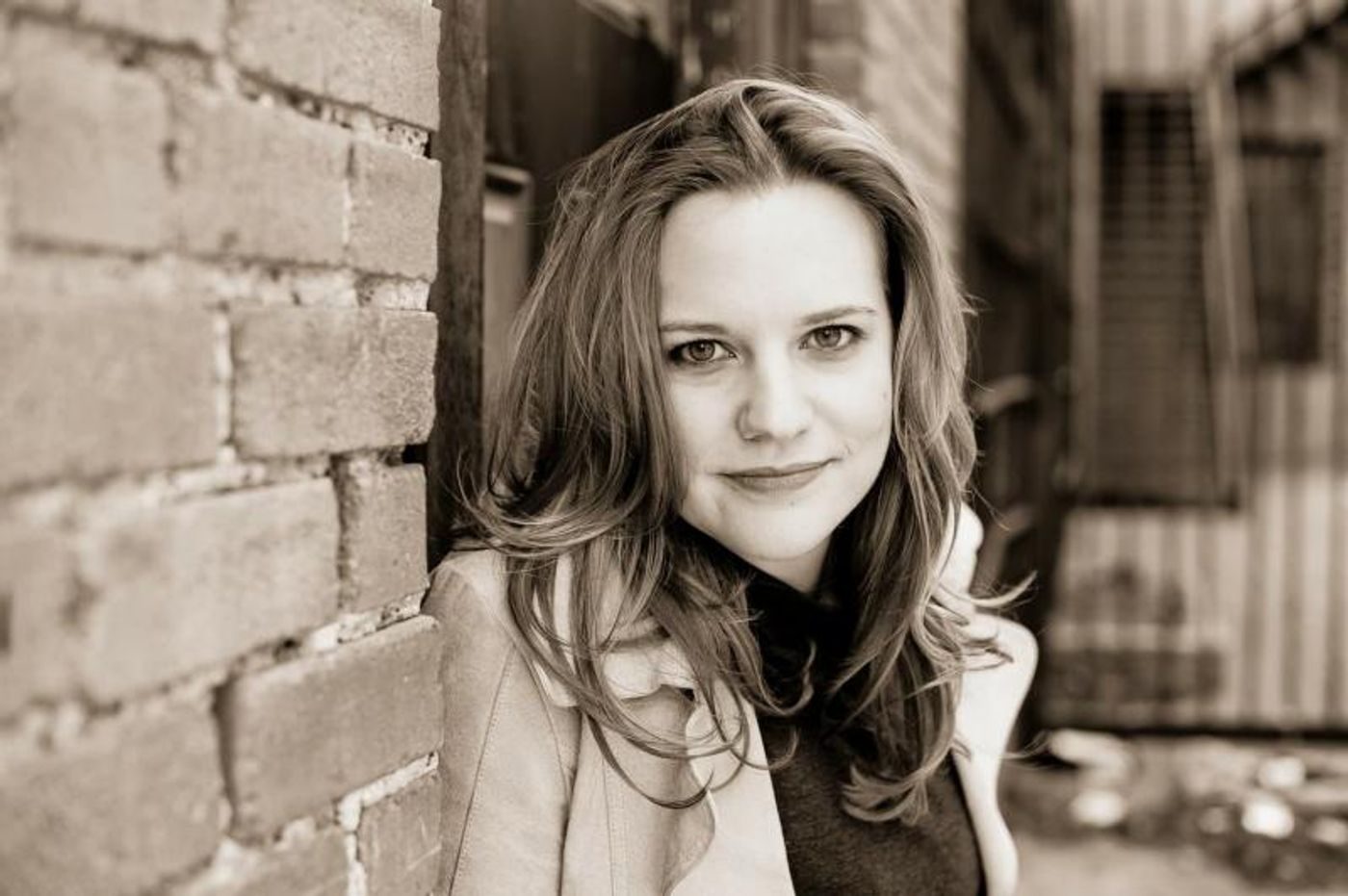Interview: Making DFW Improv Safe for All
A Difficult Question
In the world of unscripted theatre - how do you know when you've crossed a line? That is the question that local improv leaders are working hard to answer.
Last month, the Dallas theatre community discussed adopting the Chicago Theatre Standards in order to create safer and more welcoming environments for all performers. In addition to outlining norms for preventing and reporting sexual assault and harassment, these standards include everything from how to set appropriate expectations for an audition, to how to safely choreograph stunts on stage. Just one week before the town hall meeting to discuss these standards, the DFW theatre community was confronted with the news that a well-known local director, Lee Trull, had been fired from Dallas Theatre Center for inappropriate behavior toward female performers.
The town hall - which had been planned prior to the news about Trull - featured Laura T. Fisher, who coordinated the Chicago standards, and was moderated by Joanie Schultz and Denise Lee. Two attendees of the meeting were Jocelyn Tiner, founder of the local improv group The JIM Experiment, and Lindsay Goldapp, managing director of Stomping Ground Comedy Theater. There, both women joined the conversation about how to apply Chicago's standards in DFW - and more specifically, in DFW improv.
Although the Chicago Theatre Standards address many concerns that larger theatres might face, the website where the standards are listed includes a disclaimer indicating that the norms are a work in progress. For both Goldapp and Tiner, this meant an opportunity to use the standards as a framework to inspire their own rules within their groups.

Managing Director, Stomping Ground Comedy
Photo credit: Angela Ross
"We don't have a script... so how do people know what to expect?" asked Goldapp. She also acknowledged one of the significant hurdles to enforcing codes of conduct in this environment. "There's such a stigma in improv - and in comedy - you don't want to be the one that's ruining the fun."
Tiner expressed similar concerns, explaining, "In improv, you don't want to box yourself into anything. It completely inhibits your creativity."
Herein lies the challenge - balancing the creativity that is the heart of improvisational performance with the boundaries that ensure the safety and security of theatre's most valuable resource - its performers.
A Need for Change
In discussing their journeys to leadership in the world of improv, both women related experiences where they felt uncomfortable with instructors or fellow performers and were unsure of how to respond.
"It made me feel really wrong," recalled Tiner, recalling an incident where rumors of an instructor's inappropriate comments about her circulated after she was cast for a role in a local production alongside him. "When I quit, I felt immediately better." In acknowledging her own feelings during that situation, she also recognized that, without standards for how to respond, "That guy would have no idea what his words made me feel."

Founder, The JIM Experiment
Photo credit: Shannon Skloss Photography
Goldapp recalled her experiences more generally. "I've been doing comedy for 15 years. I've had my fair share of harassment. And in some cases, I've blown the whistle on it. In some cases, I was too scared and I didn't blow the whistle on it. In some cases I was young, and I was new... and I just kept my mouth shut..."
As was the case with Lee Trull, whose accusers were primarily female students, both women agreed that being new to the industry often means being more vulnerable to predatory behavior. Yet each is optimistic that setting community-wide standards can help change this narrative. "Young people may have been the biggest group of targets, but it sounds like they will embrace this type of change," said Tiner, referring to Chicago's outcomes with young actors coming forward to report abuse in theatres there. Goldapp lamented the talent that had been lost to sexual harassment in the past, "I can't even count on two hands the amount of women who've come to me and said, 'I quit comedy. I couldn't deal with... everything that that world entails.'" But she is determined that her theatre, and others like it, will be different. "I think of those twenty-year-old girls walking into these training centers and I want them to know what is acceptable and what is absolutely not acceptable...If your instructor is trying to date you or sleep with you. You should know. There should be writing on the wall that says, 'Get out of there.'"
Proposing Solutions
For Tiner, who has been overseeing The JIM Experiment during the group's summer workshops and performances since 2012, the journey of discovering what will keep her performers safe is relatively new. "In the past, it's been so minimized. This boundary crossing... That it's very possible that I've worked with someone in a scene who's acted like they're okay with it... and I would have no idea." But, as leaders in every industry face similar challenges, Tiner embraces her responsibility to guide her group in a direction that will improve everyone's experience of improv. She is proud of the team that she has built and especially proud of the diversity within it. During last summer's performances, The JIM Experiment consisted of an equal number of men and women - something uncommon in the world of comedy. She plans to explain to her performers - both new and returning, "'Okay - we're starting fresh with this... what might have been okay before is not necessarily okay now.'"
With the opening of Stomping Ground Comedy Theatre in March of 2018, Goldapp plans to have clear guidelines in place for her improv students and teachers. She faces a unique challenge, in that her theatre will cater to several cross-sections of historically vulnerable individuals - performers, women, children, and students with special needs. In creating her guidelines over the past six months, she has reached out to other improv theatres across the country. "Everybody is really willing to share. Because we all have the same goal, you know? We all want to protect everybody who walks into our training centers." She also recognizes the responsibility she feels toward the profession as a whole. "If an incident happens in any improv theatre, it's bad for all of us."
Goldapp's plans for Stomping Ground include setting expectations within a group early on so that performers are aware of other's boundaries. But she also wants to institute the use of a "safe word" within classes so that students can communicate their discomfort in a scene as soon as it happens. "We'll go over your personal preferences, but if anything were to cross any kind of boundary... this is available to you. There's a word that you can use." In order to combat the notion that this sort of exercise will interrupt the creative process, Goldapp says, "It can even be a funny word...If the person who said the safe word wants to... talk to everybody about why it didn't work for them or bothered them or upset them, then they can." She also plans to provide choices for students to submit their concerns anonymously. "It doesn't just go to one single person in power. You have some options and you have the contact information of people that you can reach out to."
Looking Ahead
Despite the clear challenges that each woman describes in implementing standards similar to Chicago's in the DFW improv community, both Tiner and Goldapp are prepared to put in the work to make their groups safe for everyone.
Says Goldapp about the battle for change, "The old-school mentality was kind of thinking of it as 'paying your dues'. Sexual harassment shouldn't be part of paying your dues in comedy. Bombing at a club or bombing in a show - that's paying your dues... Dealing with your instructor trying to have a relationship with you or dealing with being told that women aren't funny... that's not part of paying your dues. It shouldn't be."
Like Goldapp, Tiner is eager to be a part of the conversation to improve the standards for DFW improv. "I honestly feel like if theatres step up and self-regulate this way - that will solve that problem. So I hope they do that."
For further reading, visit Lindsay Goldapp's blog - "How do we stop sexual harassment and abuse of power in comedy?"

Videos

